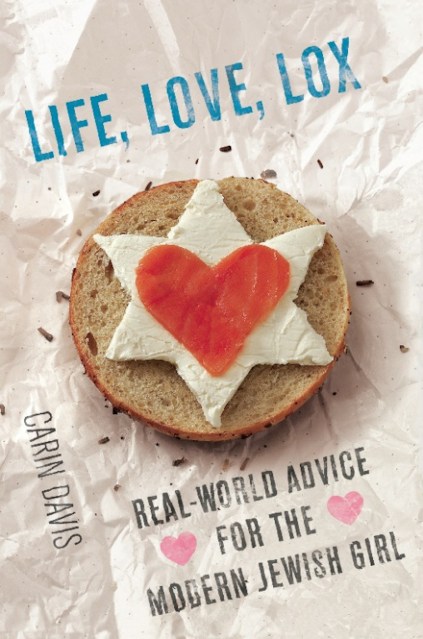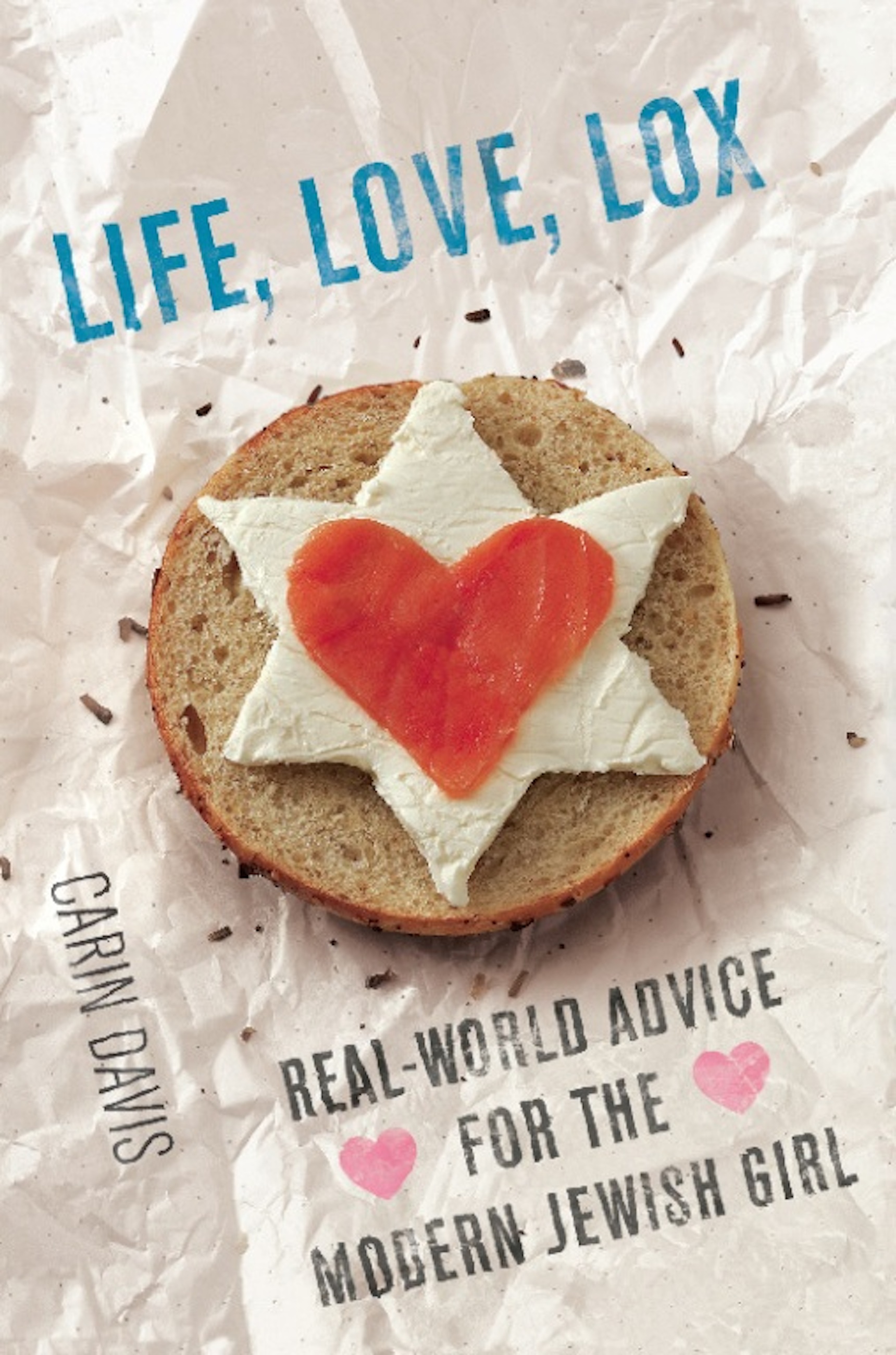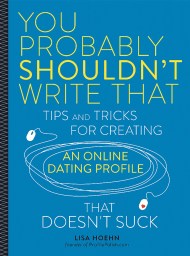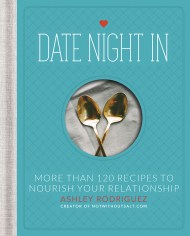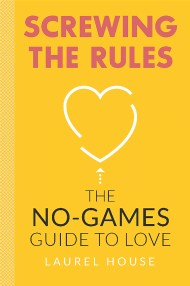Promotion
Use code MOM24 for 20% off site wide + free shipping over $45
Life, Love, Lox
Real-World Advice for the Modern Jewish Girl
Contributors
By Carin Davis
Formats and Prices
Price
$9.99Price
$12.99 CADFormat
Format:
ebook $9.99 $12.99 CADThis item is a preorder. Your payment method will be charged immediately, and the product is expected to ship on or around May 25, 2010. This date is subject to change due to shipping delays beyond our control.
Also available from:
Covering everything from Kosher Kissing and making matzah balls to Speed-Dating and the Dayenu Diet, Life, Love, Lox is the best thing to happen to modern Jews since the Glatt Kosher hot dog cart at Yankee Stadium. This is a humorous girlfriend’s guide to living the hip life while keeping it Jewish.
Genre:
- On Sale
- May 25, 2010
- Page Count
- 208 pages
- Publisher
- Running Press
- ISBN-13
- 9780762440412
Newsletter Signup
By clicking ‘Sign Up,’ I acknowledge that I have read and agree to Hachette Book Group’s Privacy Policy and Terms of Use
